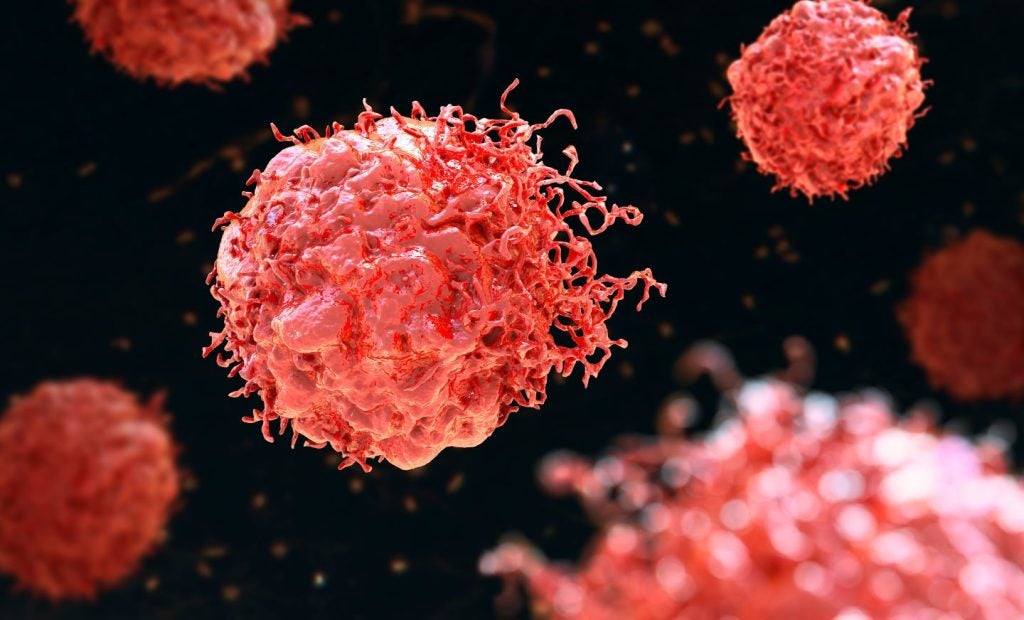Bristol-Myers Squibb has announced that the Phase III CheckMate -498 study did not meet primary endpoint of overall survival with Opdivo (nivolumab) plus radiation in patients with newly diagnosed MGMT-Unmethylated Glioblastoma Multiforme.
Opdivo is a programmed death-1 (PD-1) immune checkpoint inhibitor designed to harness the body’s own immune system to help restore anti-tumor immune response.
The randomised, multi-centre trial assessed Opdivo and radiation versus temozolomide and radiation in patients with newly diagnosed MGMT-unmethylated glioblastoma multiforme (GBM).
The company said Opdivo’s safety profile was consistent with earlier reported studies in solid tumours.
Progression-free survival, and OS rate at two years were the secondary endpoints of the CheckMate -498 study.
Bristol-Myers noted that it will complete a full evaluation of the data from CheckMate -498 and work with investigators on the future presentation and publication of the results.
How well do you really know your competitors?
Access the most comprehensive Company Profiles on the market, powered by GlobalData. Save hours of research. Gain competitive edge.

Thank you!
Your download email will arrive shortly
Not ready to buy yet? Download a free sample
We are confident about the unique quality of our Company Profiles. However, we want you to make the most beneficial decision for your business, so we offer a free sample that you can download by submitting the below form
By GlobalDataBristol-Myers Squibb head of oncology development Fouad Namouni said: “While we are disappointed the CheckMate -498 trial did not meet its primary endpoint, GBM is a notoriously aggressive cancer.
“We are grateful to all those who participated in this trial and remain committed to researching the potential of immunotherapy to address the important unmet medical need of patients who suffer from this devastating disease.”
The company is also evaluating Opdivo in patients with newly diagnosed MGMT-methylated GBM in the Phase III CheckMate -548 study, in which the inhibitor is added to the current standard of care, radiation plus temozolomide.
GBM is a fast-growing glioma that develops from star-shaped glial cells that support the health of the nerve cells within the brain. The five year survival rate of patients with GBM is less than 5%.
At present, Opdivo is approved in over 65 countries, including the US, Japan, and China.
In October 2015, the Opdivo and Yervoy combination regimen was the first immuno-oncology combination to secure regulatory approval for the treatment of metastatic melanoma.







